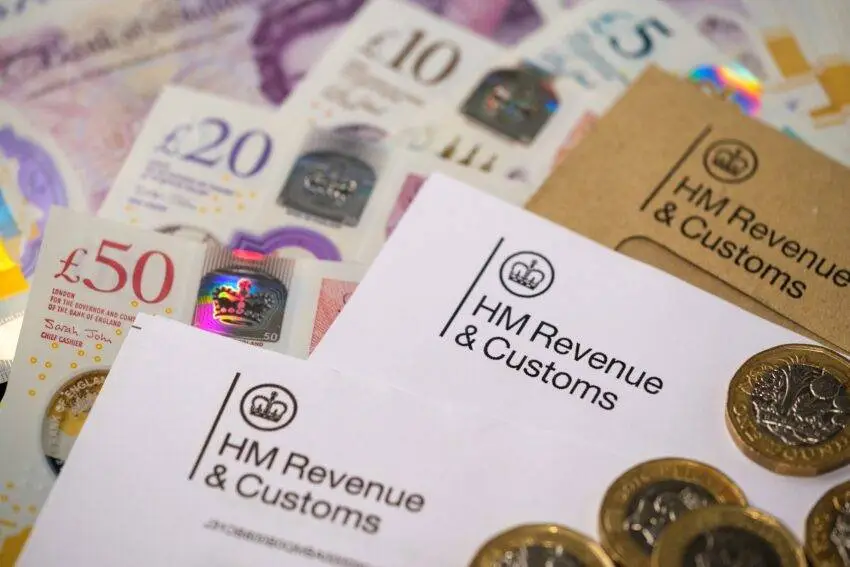HMRC has not fined any enabler of offshore tax fraud in the past five years, despite possessing landmark powers to impose significant penalties.
This revelation raises concerns about the effectiveness of measures introduced to tackle tax evasion. The laws aimed to create a level playing field but appear to lack enforcement.
Laws Introduced But Unused
In 2017, the UK introduced new laws allowing HMRC to target accountants, lawyers, and bankers who facilitate offshore tax evasion. These laws empowered HMRC to impose fines reaching millions of pounds. The goal was to strengthen the ability to combat tax evasion and create fairer competition.
Zero Fines Issued
Dan Neidle, founder of the think tank Tax Policy Associates, summed up the situation succinctly, stating that HMRC’s powers are pointless when not used. His comments highlight a critical flaw in the current enforcement strategy.
Political Ramifications
The UK’s tax gap, the difference between tax paid and tax owed, stood at £36bn for 2021-22. Labour has accused the Conservatives of weakening the deterrent effect of prosecutions and penalties.
Defining ‘Enablers’
The offshore enabler penalty introduced in 2017 includes fines of £3,000 or 100% of the dodged tax amount, whichever is larger. Despite these substantial penalties, enforcement seems to be lacking.
Expert Opinions
The lack of enforcement adds to the pressure on HMRC. The authority has faced criticism for failing to effectively deploy new laws to address tax avoidance.
HMRC’s Annual Report
Figures disclosed to Tax Policy Associates in 2021 revealed that UK taxpayers held £850bn in foreign accounts in 2019, with £570bn in tax havens.
Calls for Transparency
An HMRC spokesperson defended the authority, stating, “We have a strong track record in tackling offshore noncompliance. Since our ‘no safe havens’ strategy in 2019, we have secured almost £700m from offshore initiatives.”
Conclusion
The issue remains a significant concern for policymakers and the public, especially as the UK continues to grapple with its tax gap and funding requirements for public services.
Despite the strong powers HMRC possesses, the lack of enforcement over the past five years questions their effectiveness.
This inaction remains a concern for both policymakers and the public, particularly as tax evasion continues to be a critical issue.

